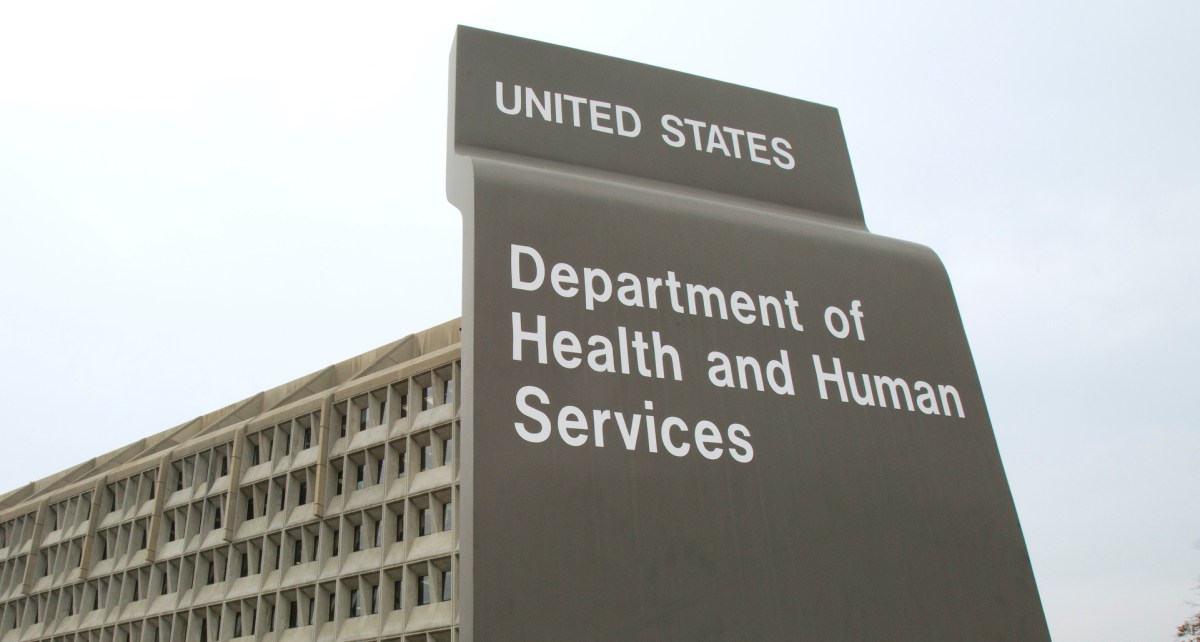Eight bid protests over CIO-SP4 solicitation yet to be resolved

Eight bid protests filed with the Government Accountability Office over the National Institutes of Health’s $50 billion CIO-SP4 healthcare IT contract vehicle have yet to be resolved.
According to sources, the complaints focus largely on a points-based evaluation system used to assess contractors bidding on the contract as part of a mentor-protégé system run by the Small Business Administration (SBA) that may make it hard for some smaller contractors to earn a spot on the vehicle.
A total of 21 protests have so far been filed over CIO-SP4 since a request for proposals was issued in May this year. Of complaints submitted, three have been withdrawn and 10 have been dismissed.
CIO-SP4 is one of the largest technology procurement vehicles to be launched in recent years and has 10 task areas, including IT services, CIO support, cybersecurity, digital government and cloud services, and software development.
Amendments made to the solicitation since May have come under scrutiny because of concerns that changes to the contract’s points-based evaluation system may preclude some smaller companies from using the track record of mentor companies to prove their eligibility for consideration as vendors.
The SBA’s mentor-protégé program is designed to foster small business innovation by allowing larger companies to vouch for emerging businesses as part of a joint venture arrangement.
According to federal government estimates, the contract should be awarded by February 2022. Federal contracting sources queried the timeline and said that such processes typically take as long as one year to complete.
Since the start of the solicitation process in May, the National Institutes of Health Information Technology Acquisition and Assessment Center (NITAAC) has issued 11 amendments to the procurement contract, which sources described as unprecedented.
“I have worked on these types of federal contracts for 15 years, and I have never seen anything like this,” said one source.
Some amendments issued by NITAAC posed a major challenge for contractors by bringing into question the ability of smaller companies bidding on CIO-SP4 to use teaming agreements.
As part of the bid protest process, contractors can take allegations to the GAO, which will assess the merits of their case and issue a binding decision. Bid protests must be resolved within 100 days of being filed.
Earlier in July, the Professional Services Council urged the National Institutes of Health to explain its treatment of tech industry questions about the request for proposals issued for the $50 billion CIO-SP4 contract.
The contract solicitation was launched in May after a year-long draft solicitation process.
The Department of Health and Human Services did not respond to a request for comment.






